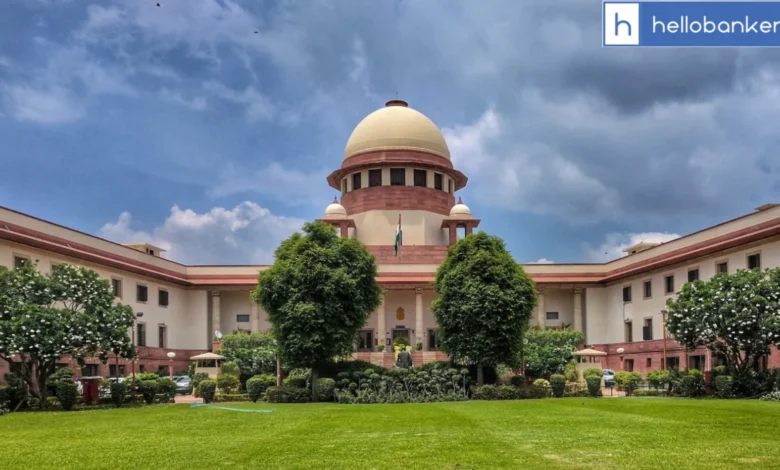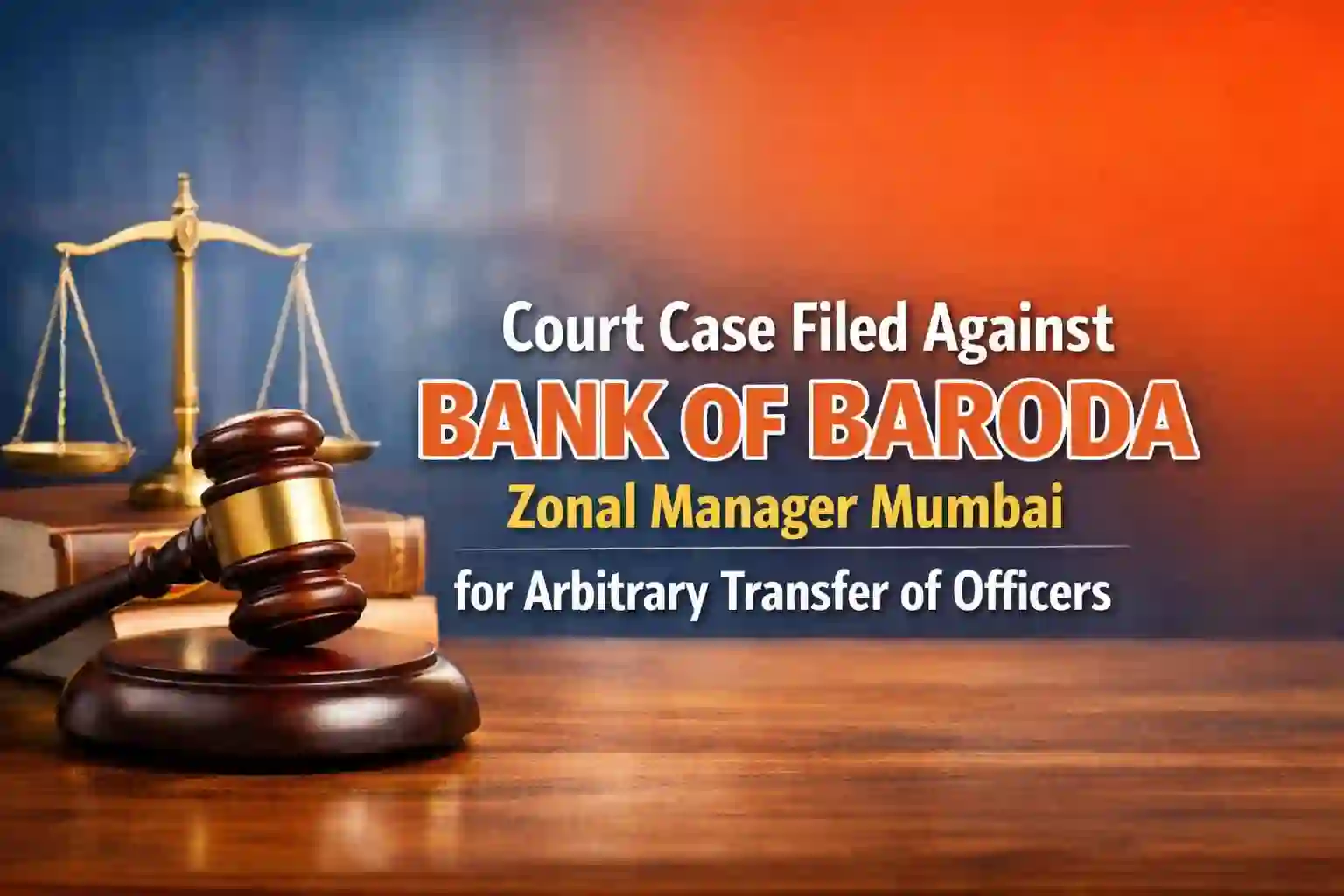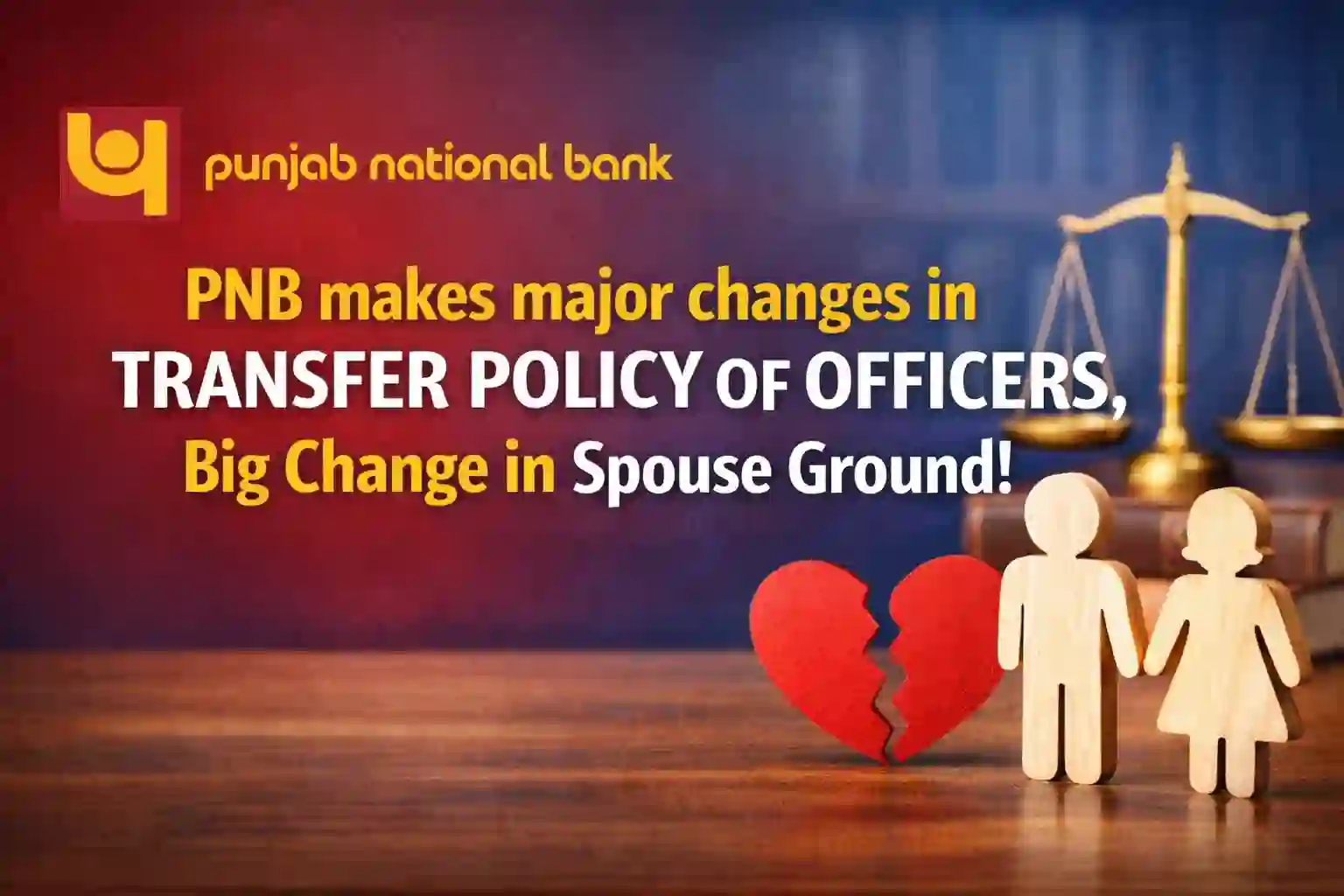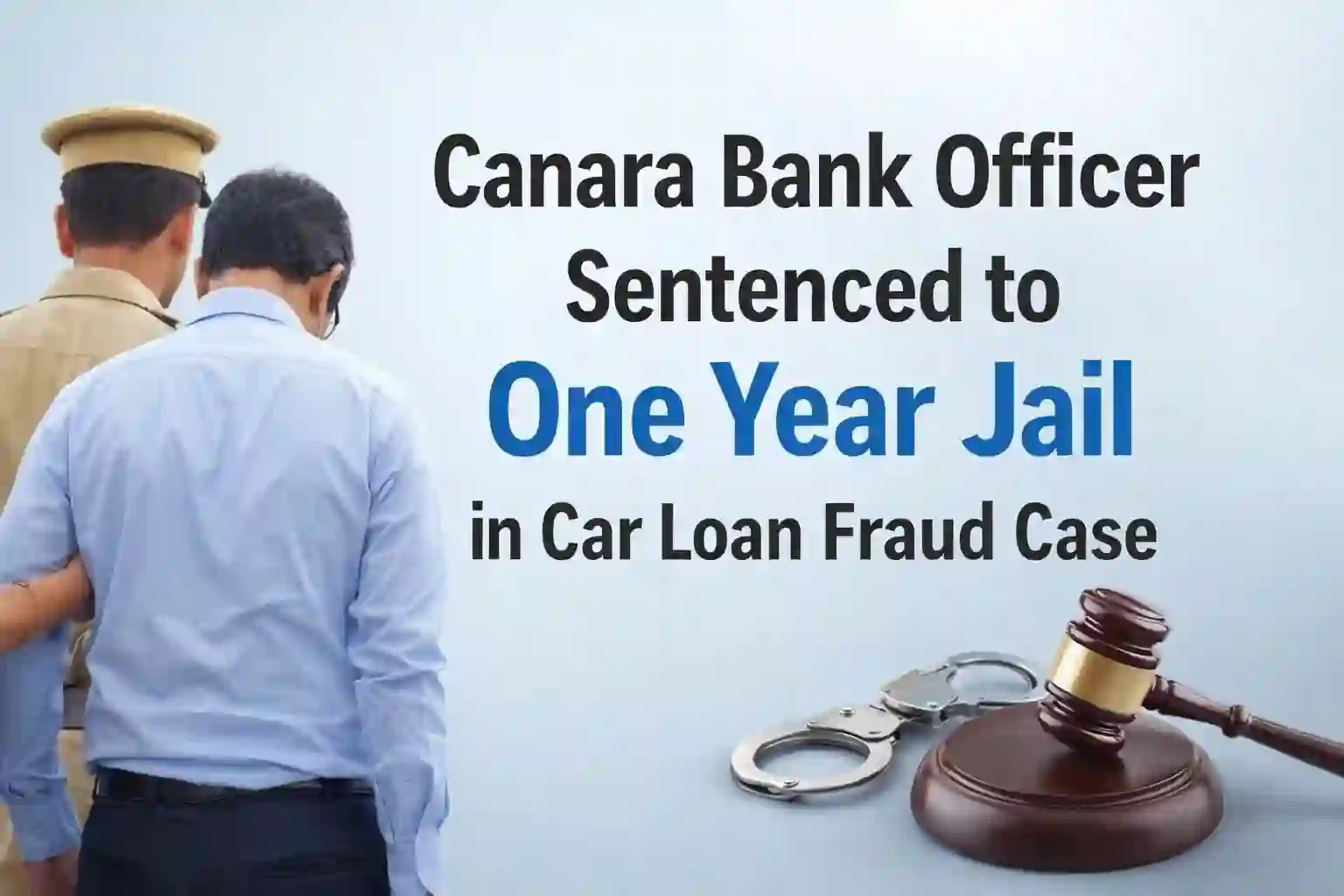Supreme Court: Unregistered Sale Agreement Can’t Prove Legal Ownership

In a recent ruling, the Supreme Court of India clarified that if a sale agreement is not registered at the time it was made, then just registering a related document later does not make the ownership legally valid.
What Was the Case About?
The case was heard by a bench of Justice Sudhanshu Dhulia and Justice K. Vinod Chandran. The issue began with a sale agreement made in 1982. The person who was defending the case (the Respondent) said they had bought the property based on this 1982 agreement. However, this sale agreement was never registered, even though it should have been under Indian law—specifically, the Registration Act.
Later in 2006, this same sale agreement was validated by an Assistant Registrar. Based on that, the Respondent claimed ownership of the property and requested protection from being removed (dispossession).
What Did the Supreme Court Say?
The Supreme Court disagreed with the High Court’s decision, which had earlier ruled in favor of the Respondent. The Supreme Court made it clear that the 1982 agreement was legally flawed because it was never registered within the time period required by law.
According to Section 23 of the Registration Act, a sale agreement must be registered within four months from the day it is signed. There is an additional four-month grace period under Section 34, but a fine must be paid for late registration. In this case, those deadlines were missed by years.
The Court said:
“The agreement of 1982, the original one and the revalidated one, cannot result in a valid title, merely for reason that the subsequent instrument had been registered.”
This means that you cannot become the legal owner of a property just because you registered a document later, especially when the original sale agreement was not registered properly in the first place.
Final Judgment
The Supreme Court ruled that the Respondent could not claim ownership or protection based on the unregistered 1982 sale agreement. The Court set aside (cancelled) the High Court’s earlier judgment that had granted protection to the Respondent.






